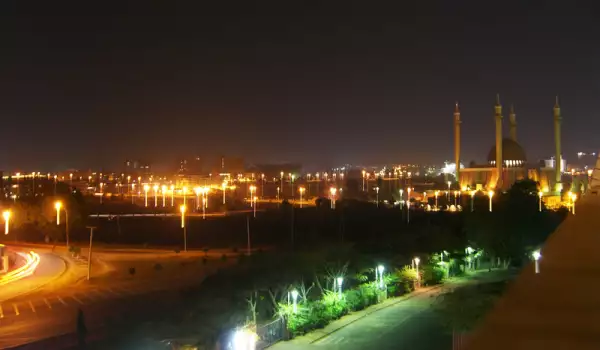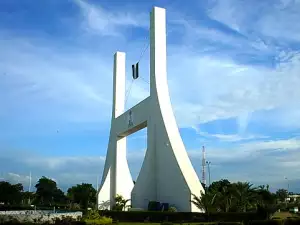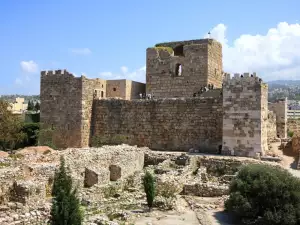Abuja

Nigeria is located on the Gulf of the Guinea coast. The country's capital is Abuja, which is located in central Nigeria, the so-called Federal Capital Territory. The entire city of Abuja is built on a 400-foot rock monolith. Among African cities, Abuja is notable that it is the best organized urban agglomeration. Today, in the main city of Abuja live more than 800 000 people, and with the number of suburban residents, they reach a million and a half. The Nigerian capital Abuja consists of five major regions - Central, Garki, Luze, Maitam and Askoro.
The city of Abuja has a short history. It is officially declared the capital of Nigeria in 1991. The previous capital of the country - the city of Lagos, has been declared non-functional and generally unsuitable for the main administrative center of Nigeria, mostly because of overcrowding and squalid living conditions. The decision to move the capital was taken back in 1976. Abuja was chosen mostly because of the important strategic and central location. Since the early 90s of last century Abuja began progressive development due mainly to economic activity. In a very short time the Nigerian capital has emerged as one of the four major financial centers in Nigeria.

The monolithic rock on which Abuja is built allows expansion of the city in the south, where they erected the Presidential Complex, National Assembly, Supreme Court and several newer neighborhoods. Overall architecture of Abuja can boast eclectics in style, but since the city began its urbanization 20 years ago, most of the buildings are characterized by modern architecture. Along with its many suburbs Abuja is marked in terms of architecture rather than tall buildings. Plans to erect skyscrapers around the city are already underway. Planned construction of the so-called millennial tower will reach 160 meters height.
The backbone of Abuja is Concentrated in the central zone. While other areas of the capital have distinct commercial and residential distinctions, in the heart of Abuja is located a business area, where all offices and headquarters of international corporations are located. Here are the administrative and legislative, judicial and governmental authorities of Nigeria.
Among the important buildings, which are distinguished by their importance in the central part of Abuja is the government office building of the Ministry of Defense, which is known by its nickname "Ship House". Brandon Mosque and the National Church of Abuja are located exactly opposite one another on both sides of the street Independence Avenue. Exclusive historical significance has one of the main squares in the central area of Abuja - Eagle Square, which was the scene of the meeting the democratic system in the country on May 29, 1999.
The center of Abuja is still under construction. Here you can see the unfinished building of the future skyscraper Millennium Tower, which will reach over 160 m in height. The tower is distinguished by its modern futuristic design and is part of the Niger national complex. It includes the Cultural Centre of the Municipality of Nigeria and Abuja. The construction of this future highest building in Abuja was launched in 2006 and construction is scheduled to be completed in 2011, just in time for the 20th birthday of Abuja.






